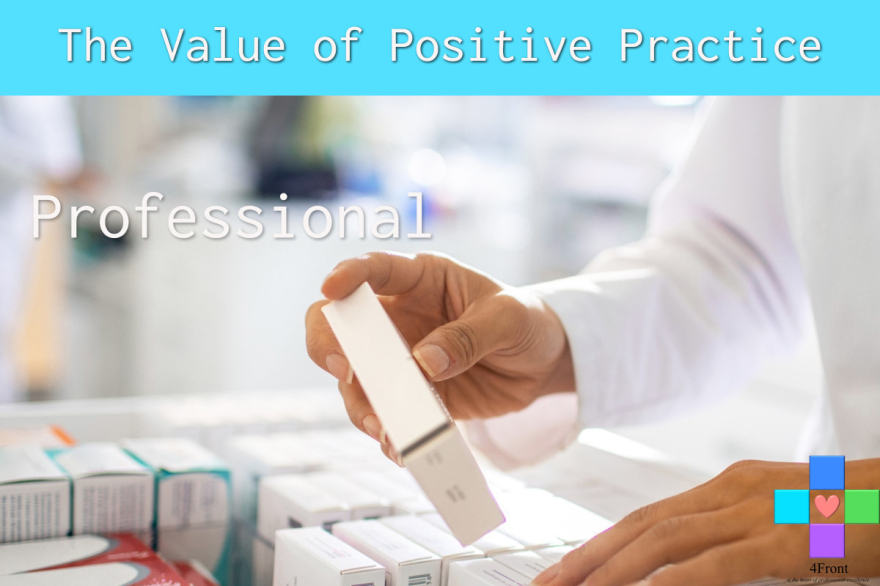Professional | Elevating Healthcare Leadership Through Ongoing Professional Development Pt2
 Elevating Healthcare Leadership Through Ongoing Professional Development - Part 2
Elevating Healthcare Leadership Through Ongoing Professional Development - Part 2
Introduction: In Part 2 of our series on professional development and its pivotal role in achieving professional excellence, we delve deeper into the transformative impact of continuous learning on healthcare professionals. Meet Dr. Rodriguez, a physician who thrives on staying current, setting high standards, and inspiring his colleagues. His secret? An unyielding commitment to ongoing professional development and the cultivation of a thriving learning culture.
Why it Matters: In the dynamic healthcare environment, professional development isn't just a checkbox; it's a lifeline. It ensures healthcare leaders remain at the forefront of their field, equipped to navigate complexities, and provide exceptional patient care, all within the framework of a vibrant learning culture.
Defining Professional Development and Learning Culture:
Remember, professional development is the ongoing process of acquiring and refining the knowledge, skills, and competencies necessary to excel in one's profession. It encompasses various activities such as formal education, reflective practices, workshops, self-directed learning, and experiential learning opportunities.
A learning culture is an organisational environment that promotes and values continuous learning and development. It encourages individuals and teams to seek knowledge, share insights, and apply new skills to enhance performance and achieve common goals.
The Science: Scientific research affirms the significant advantages of continuous learning for healthcare leaders and the vital connection between professional development and a thriving learning culture. It demonstrates that ongoing professional development fosters adaptability, enhances decision-making, and inspires a culture of excellence among teams, creating a positive feedback loop for continuous growth.
Risks: Overlooking professional development can result in stagnation, a dire circumstance in healthcare. Stagnant leaders risk providing suboptimal patient care, compromised team morale, and regulatory violations due to outdated practices. Furthermore, the absence of a learning culture risks under-reporting of errors and error repetition, resulting in risks to patient safety, negative reputation and increased staff turnover due to stress, fear and anxiety.
Practical Applications: Here's how you can actively invest in you and your team’s ongoing professional development and contribute to the cultivation of a learning culture, as informed by 4Front’s 6Ps of Pharmacy Excellence Self-Assessment Survey.
Effective Performance Management: Dedicate time to manage your own and your team's performance issues, receiving and providing necessary coaching and mentoring. This fosters a culture of fairness and patient safety within the context of a learning culture.
Feedback Empowerment: Seek and provide feedback that empowers each member of your team (including yourself) to excel, cultivating a culture of candour and growth within the learning culture.
Consultation Skills Framework: Implement and consistently use a consultation skills framework to safeguard patient safety. Develop a system to objectively review consultation skills in action, enhancing the learning culture. Be open to constantly learning from your patients. Remember, you cannot mitigate a risk if you don’t know the risk exists!
Knowledge and Skills Update: Require yourself and your team to consistently update your knowledge and skills in pharmacy practice to stay ahead of industry changes, perpetuating the learning culture as a privilege of patient care, aligned with your purpose, rather than simply regulatory duty.
